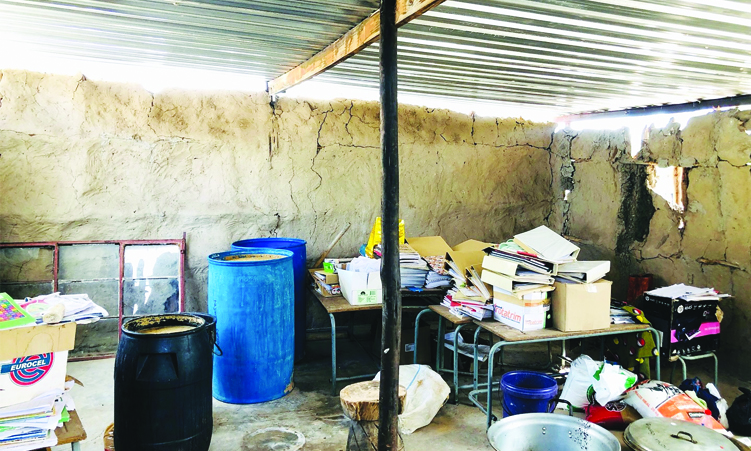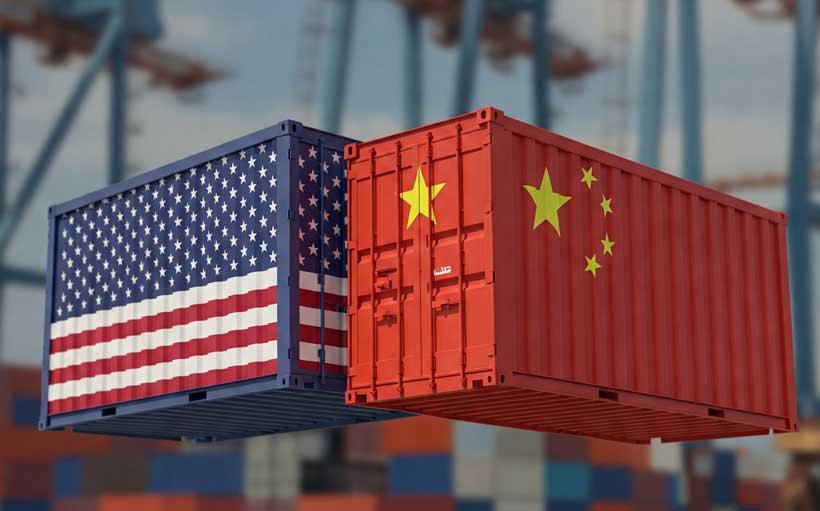LONDON – A global race for grain trading power is putting more of the world’s vital cereals in the hands of fewer companies, with a string of recent acquisitions raising fears that consumers will pay even more for their food, while farmers are squeezed.
Archer Daniels Midland last week bid for Australia’s last independent grain handler GrainCorp, the latest in a series of moves by grain trading heavyweights to grab a larger slice of a booming market as developing economies seek food security.The four ‘ABCD’ firms – ADM, Bunge, Cargill and Louis Dreyfus – dominate global grain trading along with top global commodities trader Glencore and Japan’s Marubeni, both of which have made major acquisitions in the last few months.With food price volatility increasingly coming to the fore, most recently in the wake of drought in the US and other key producing regions, concern is growing among importers about extra upward pressure on prices.’The increasing concentration of power in the global grain market is not healthy. This will lead to grain prices being controlled by top trading companies,’ said Rusman Heriawan, deputy agriculture minister of Indonesia, Asia’s top wheat importer.The United Nations sounded alarm bells on market volatility this summer as corn alone surged around 40% in less than a month. Soybeans hit record highs, while wheat also shot up dramatically, reviving memories of the 2007-08 food crisis.’So-called grain majors account for about 75% of the global grain market. If they keep on merging with other grain companies, there is the possibility of a monopolistic situation,’ said Han Sukho of the grains division at the Korea Rural Economic Institute.’This will make things difficult for importing countries like South Korea. We might have to pay more than what things actually cost,’ the assistant director of the state-run think-tank added.South Korea is a major importer of both wheat and maize.OPERATIONAL EFFICIENCYAfter a doubling in quarterly profits helped by the impact of drought on the grain trade, Bunge chairman and chief executive officer Alberto Weisser said on Thursday that he expected industry consolidation to continue.’I do believe that we will have more consolidation because the market has shown that it is necessary to have large companies with geographically diverse assets and strong balance sheets to operate and serve the market in these volatile times,’ he said. ‘We are part of it.’Lee Gaus, vice president of International Futures Group, said there were some benefits from the consolidation for the grain trading companies, who will have more flexibility from expanded networks.But consumers will feel the impact if importers and supermarkets are subject to higher prices, as the flexibility of supply reduces.’There are efficiencies that are gained when you have this kind of consolidation. But, on the other hand, there’s a danger in a situation where you have more and more controlled by fewer and fewer,’ he said.’Ultimately this hurts the consumer. I don’t know any time that you can concentrate so much leverage in so few hands that it doesn’t eventually impact the consumer,’ Gaus added.Gaus also saw the consolidation as a threat to producers who are faced with fewer potential buyers for their crops – meaning that they might be forced to accept lower prices for their produce.Farmers are often dependent on the grain trading companies for their seed and fertilisers as well as providing a buyer for their crops.’It [grain market consolidation] has a negative impact, both on the many producers that feed into this very small number of traders and on the other end on their customers and ultimately consumers,’ said Jodie Thorpe, policy adviser for Oxfam.ADM, through the acquisition of GrainCorp, will join Cargill and Glencore, both of whom have already made major acquisitions in the world’s second largest wheat exporter.’If GrainCorp is swallowed up by US giant Archer Daniels Midland, all bulk grain exporting capacity in South Australia, Victoria, NSW and Queensland will be foreign owned,’ said Warren Truss, leader of the opposition National Party.’We are rapidly descending into a state where farmers will toil in their paddocks while post-farm gate profits from Australia’s A$9 billion-a-year grain crops will be counted in multi-national boardrooms,’ he added.Australia is a key exporter of wheat to China, where demand is expected to rise sharply in coming years.’Such consolidation would result in lower prices for Australian farmers if those farmers are not big enough to compete,’ said Zhong Funing, director at the International Research Centre for Food and Agricultural Economics at Nanjing Agricultural University. – Nampa-Reuters
Stay informed with The Namibian – your source for credible journalism. Get in-depth reporting and opinions for
only N$85 a month. Invest in journalism, invest in democracy –
Subscribe Now!










